The vice-president of social commerce at Net-a-Porter has revealed why the etailer decided to launch its social shopping network, The Net Set.
Sarah Watson, vice-president of social commerce at Net-a-Porter, said the retailer rolled out The Net Set in May in a bid to “put the social back into shopping”.
She said the industry had seen ecommerce and m-commerce, and the next step was social commerce. Net-a-Porter had an existing social media audience of 4.5 million.
Watson commented on how customers love to shop with brands they trust and view as experts. She described the modern luxury consumer as pioneering and constantly sharing experiences and pictures online, adding that they care about their wellbeing and are connected to digital and devices, and particularly like to be social online. She said: “Social media is where the modern consumer seeks out and evaluates what’s new and next in luxury.”
According to Watson, this thinking sparked Net-a-Porter’s lightbulb moment: “If we could create something which brings them together and enables them to shop and be inspired, as well as creating somewhere for fashion and style, we could be onto something,” she said.
The app enables customers to create profiles, discover what’s popular, follow brands and join 30 ‘style tribes’ – like-minded members and designers who share and inspire your style. She said the retailer was able to leverage the style tribes to receive “important data that we can use to market that space and tailor our messages once we know more about those people. It gives us something more tangible.”
Results and key learnings
Four months after launch, the network has been downloaded 87,000 items and 800,000 products have been ‘loved’. On average, members visit twice a day and regularly buy directly from the network.
Next on the agenda for The Net Set is empowering a select number of members to become influencers. “The idea that people within the community create their own following,” said Watson. “They’re the people that are really important – people like somebody they can trust, and then they’re more likely to follow what they do and make a purchase. We have our eye on some powerful users. We recognise how incredibly active they are. There’s a potential there for what that could mean.”



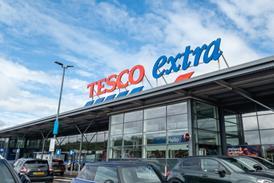







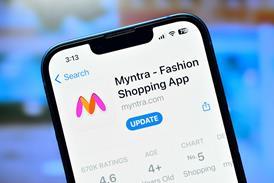






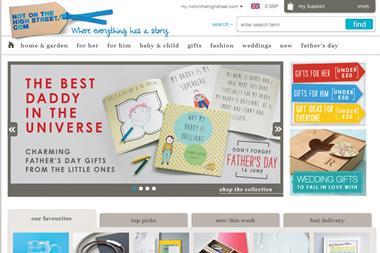
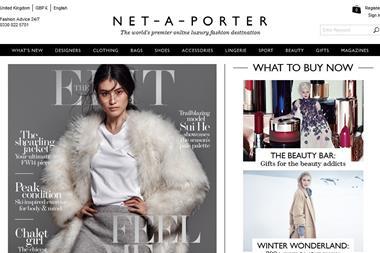
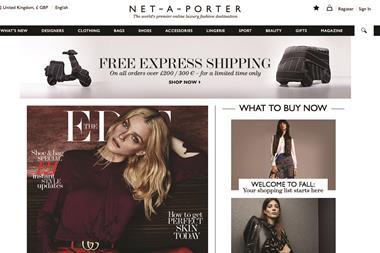
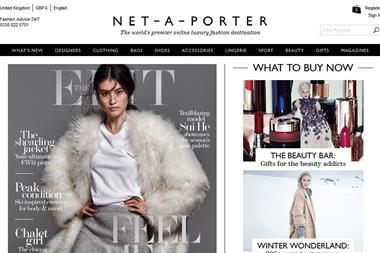
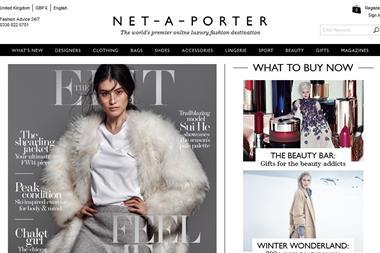
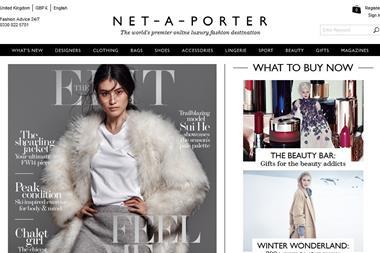
No comments yet